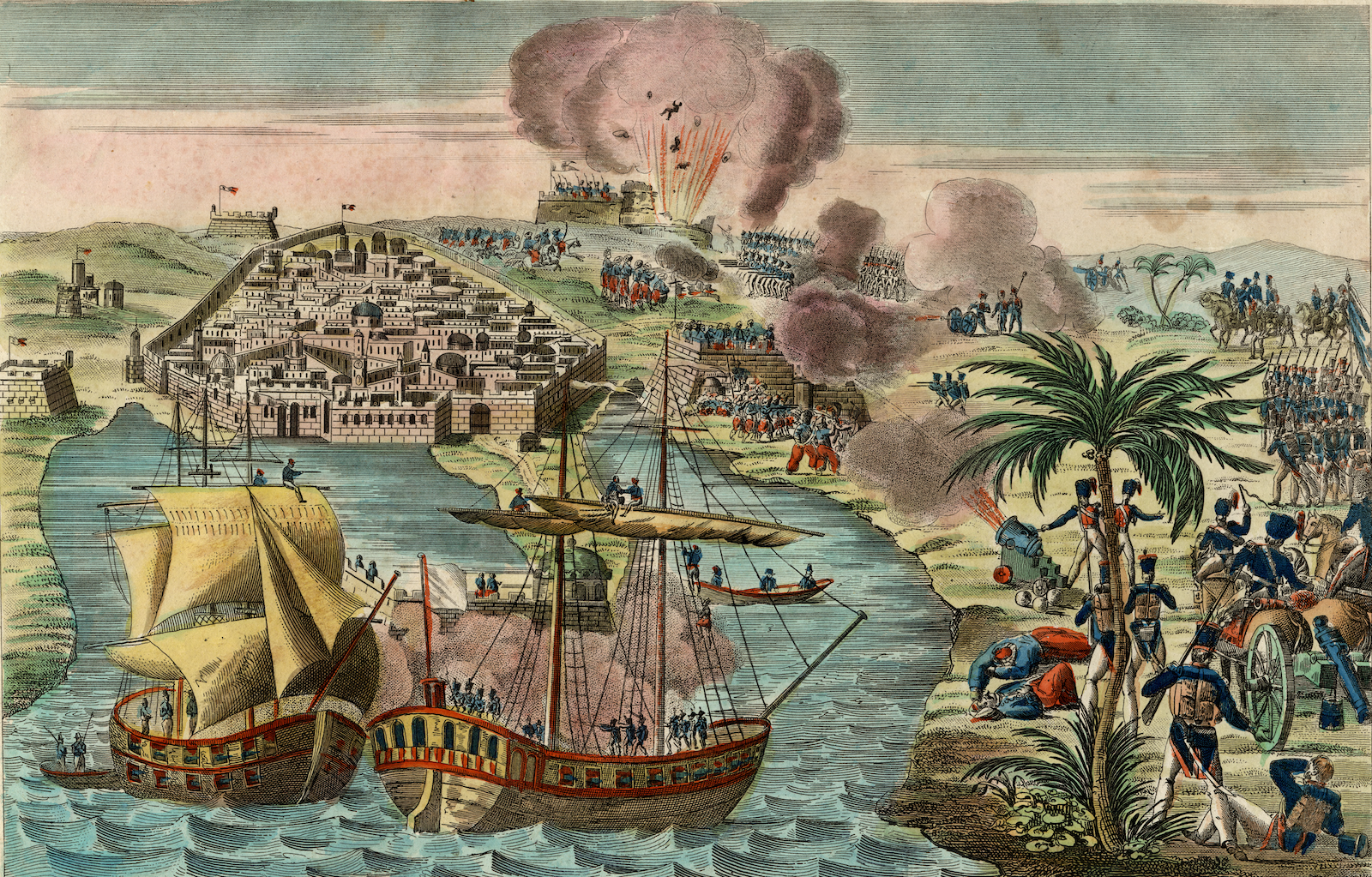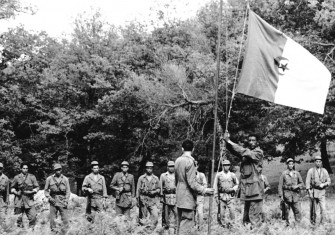The French Conquest of Algiers
How France became caught up in an unexpectedly complicated imperial adventure in 1830, eventually adding almost all of what is now Algeria to its empire.

In July 1830 a French expeditionary force conquered the city of Algiers and by 1847, almost all of the territory of what is now Algeria north of the Sahara had been subdued. The conquest brought to an end nearly 400 years of Ottoman rule and inaugurated what was to be a French colony for over 130 years. At the time, neither outcome was recognized for what they were and the immediate intentions of the French government – still, just, a Bourbon monarchy – were short-term and governed by domestic considerations.
In 1830 Algiers was, with Tunis and Tripoli, one of three regencies under the suzerainty of the Sultan in Constantinople. The Sultan’s control was little more than nominal, but it was still acknowledged to the extent that the ruler (Dey) of each regency took his authority from investiture by the Sultan and that the Sultan expected and received regular tribute. Similarly all European powers with an interest in the trade and politics of the Mediterranean accepted that the regencies were an integral part of the Ottoman empire and, except during the Napoleonic wars, made few attempts to occupy or conquer them.







